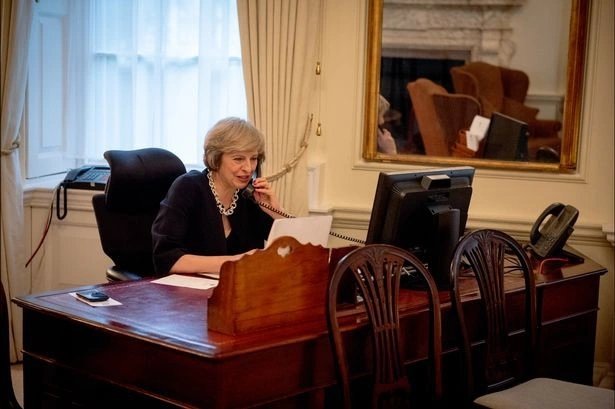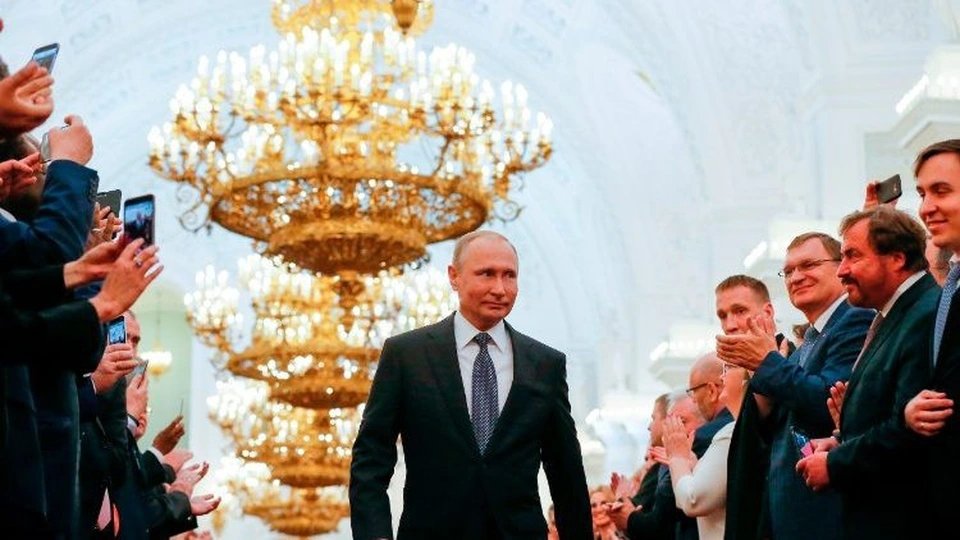
Many governments from the Baltic to the Adriatic have recently canceled public calls for bids that Chinese companies were destined to win or pushed for bans on Chinese companies investing or signing business contracts in their territories.
The change was prompted by national security concerns and frustration with the quality of the Chinese contractor’s work, according to officials involved in the decision.
President Xi Jinping in Berlin, Germany in March 2014.
The change is mainly in small European countries, increasing tensions within the European Union (EU), when large countries still support maintaining business relations with China.
Romania and Lithuania are taking measures to exclude Chinese companies from some public spending.
China has underestimated the `Russian factor,` according to Andreea Brinza, vice president of the Asia-Pacific Research Institute in Bucharest, Romania.
`We simply respect our strategic choices, including the partnership with the US, the North Atlantic Treaty Organization (NATO) and the membership of the EU,` Romanian Deputy Prime Minister
Romania’s government said earlier this month that it would tighten public procurement rules and ban Chinese companies, after blocking Beijing from participating in the country’s 5G deployment plan and remodeling a nuclear power plant next year.
The Chinese Embassy in Bucharest and the Chinese Trade Office in Romania have not responded to comment on this information.
The Lithuanian government on February 17 banned Chinese security scanner manufacturer Nuctech Co.
Nuctech said it is considering a response, which could include legal action.
Canada last year also abandoned plans to buy Nuctech security scanners for embassies, after controversy over the announced deal.
`We are choosing Western technology markets, instead of China,` said Laurynas Kasciunas, Chairman of the National Committee on National Security and Defense of the Lithuanian parliament, which oversees security assessments.
However, these policy changes are still in the minority and Chinese business activities still occur throughout the EU.
The EU last year issued guidelines excluding bidders from outside the bloc who offer unusually low prices and conducted research into the impact of foreign subsidies in Europe, including public procurement and corporate takeovers.
Wariness of Chinese companies has increased in much of Eastern and Southern Europe, even as Germany and France, the bloc’s two largest economies, boost economic ties with Beijing.
The agreement faced opposition from Poland and prompted US National Security Advisor Jake Sullivan to call for transatlantic consultations on China before taking office.
Central and Eastern Europe have become a prime target for Chinese contractors eager to profit from the region’s massive infrastructure needs.
`We are learning lessons for ourselves,` Barna said of the decision to ban most Chinese contractors.

Port of Piraeus in Greece.
The Donald Trump administration’s so-called Clean Grid lobbying effort last year prompted several EU countries to strengthen security criteria and draft laws banning or restricting Chinese companies, including Huawei.
In another move showing that Central Europe is increasingly wary of China, six European leaders were cold towards President Xi Jinping when he held an online conference earlier this month.
Beijing’s efforts to promote this group have angered many EU officials, as they see China deliberately dividing the bloc and drawing Balkan countries into its `orbit`.






